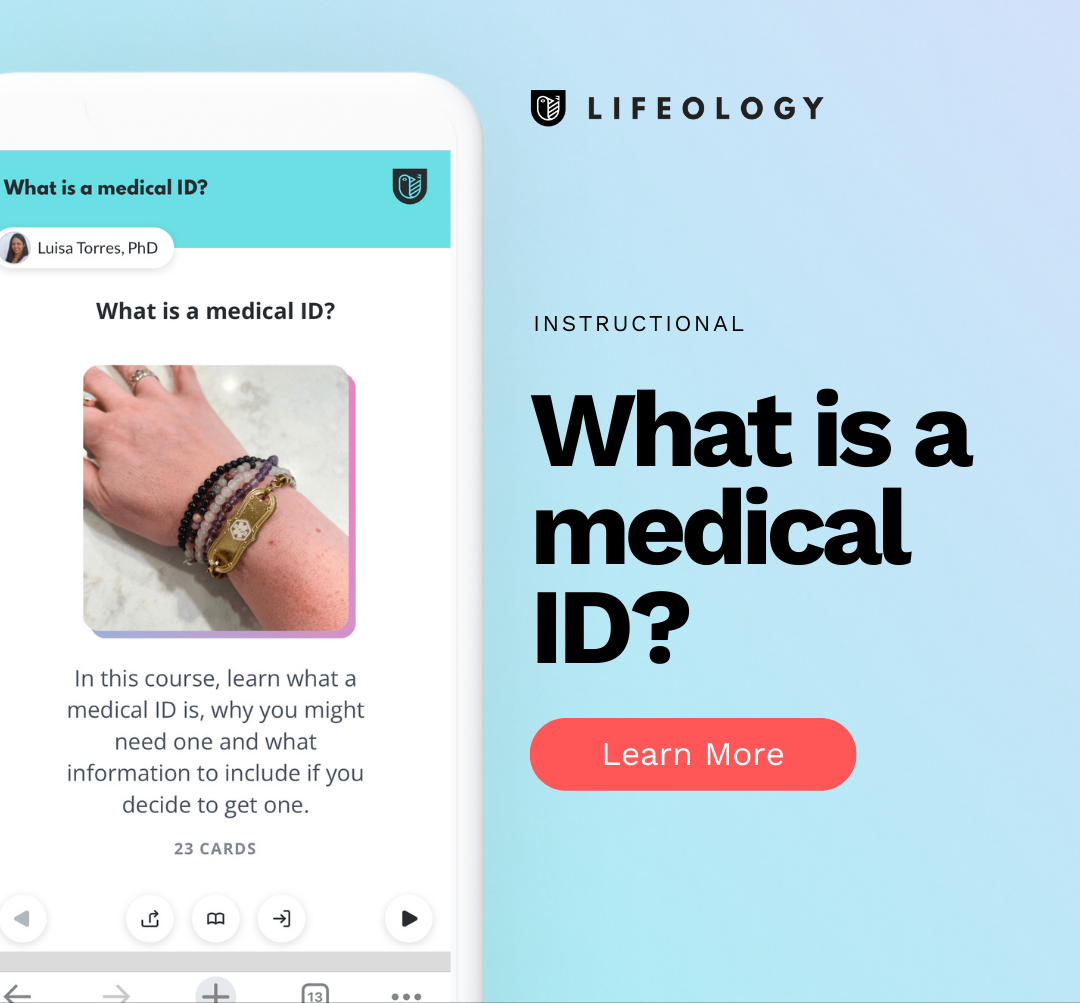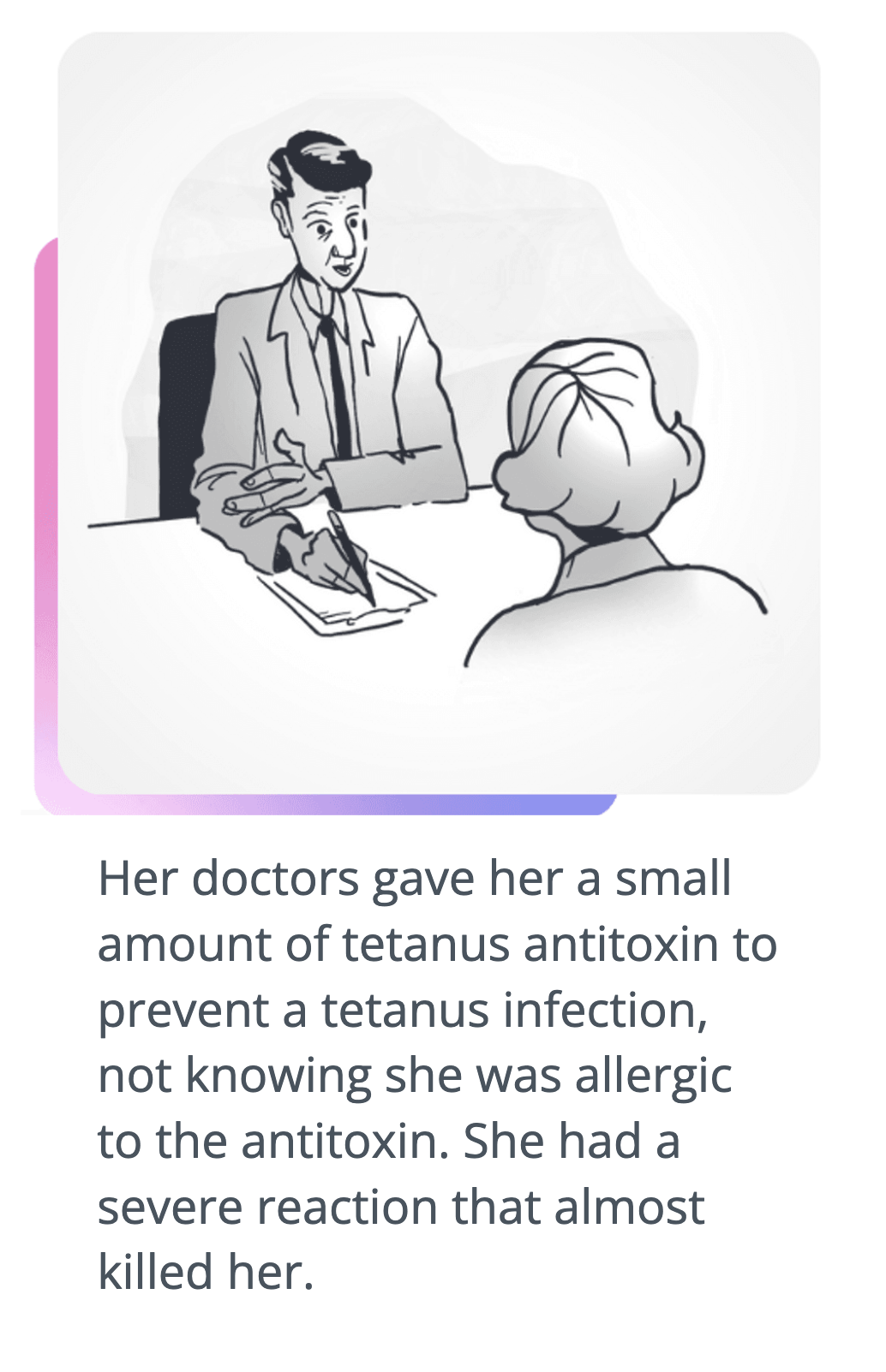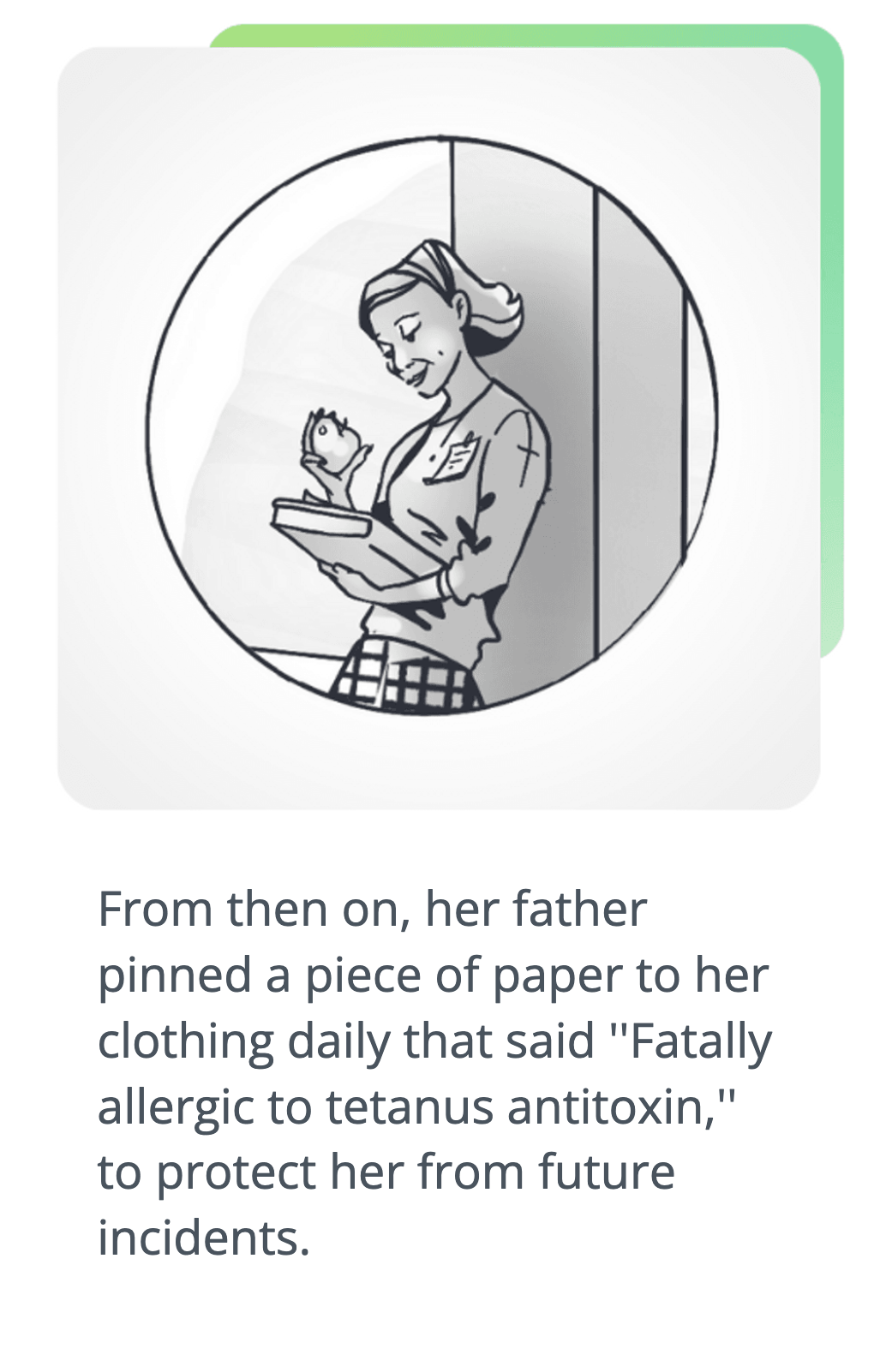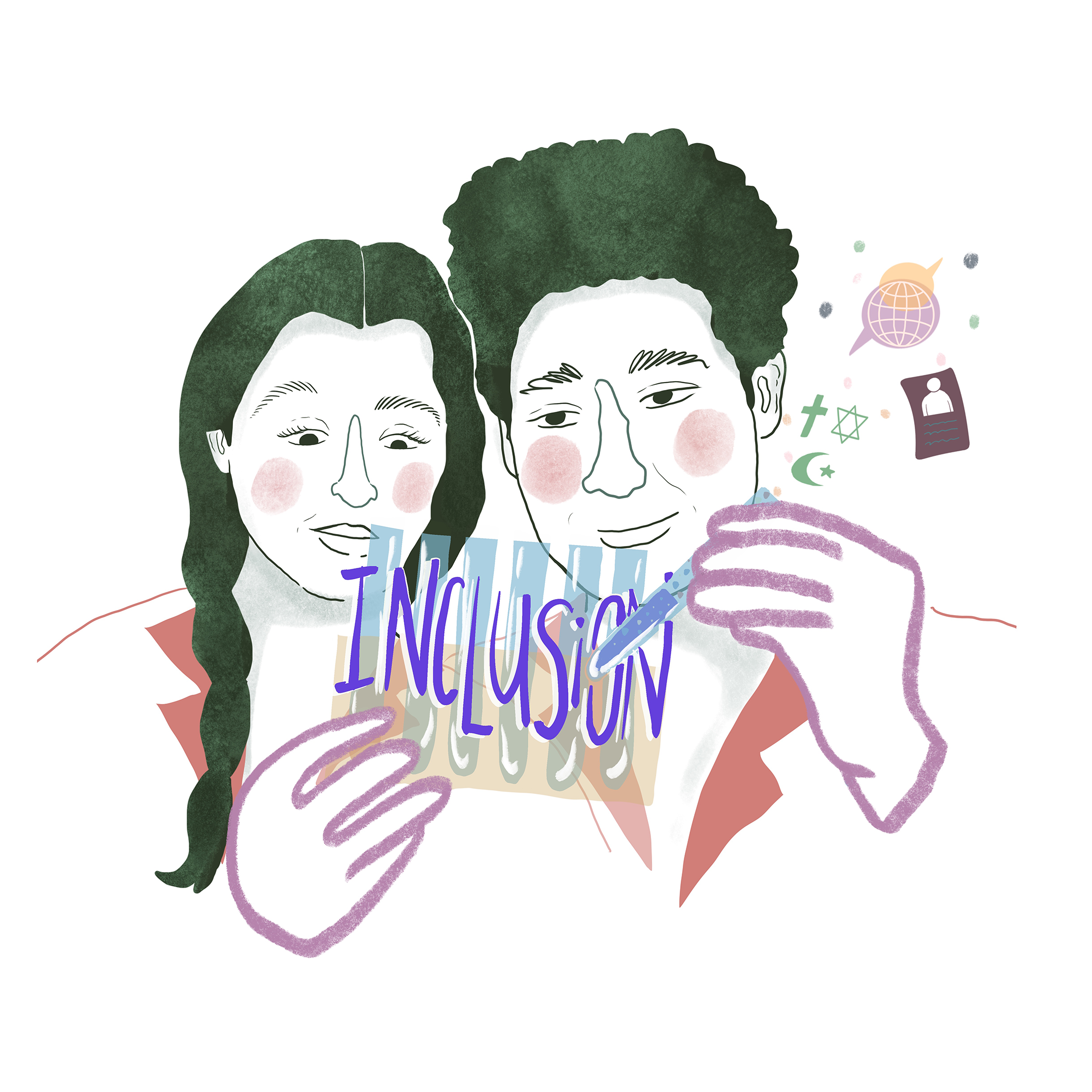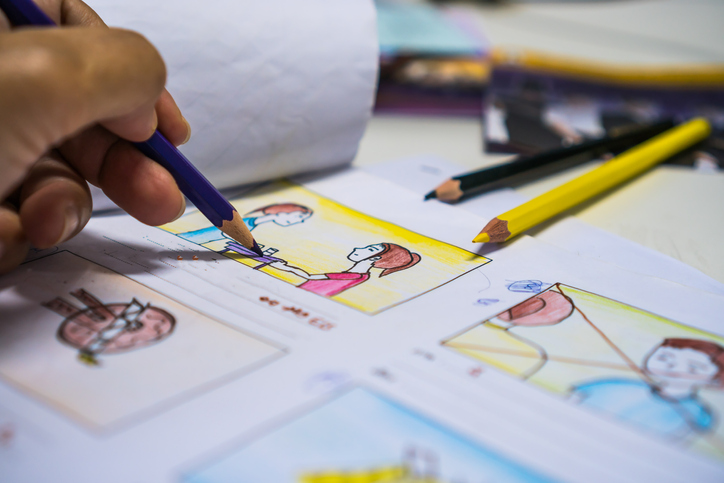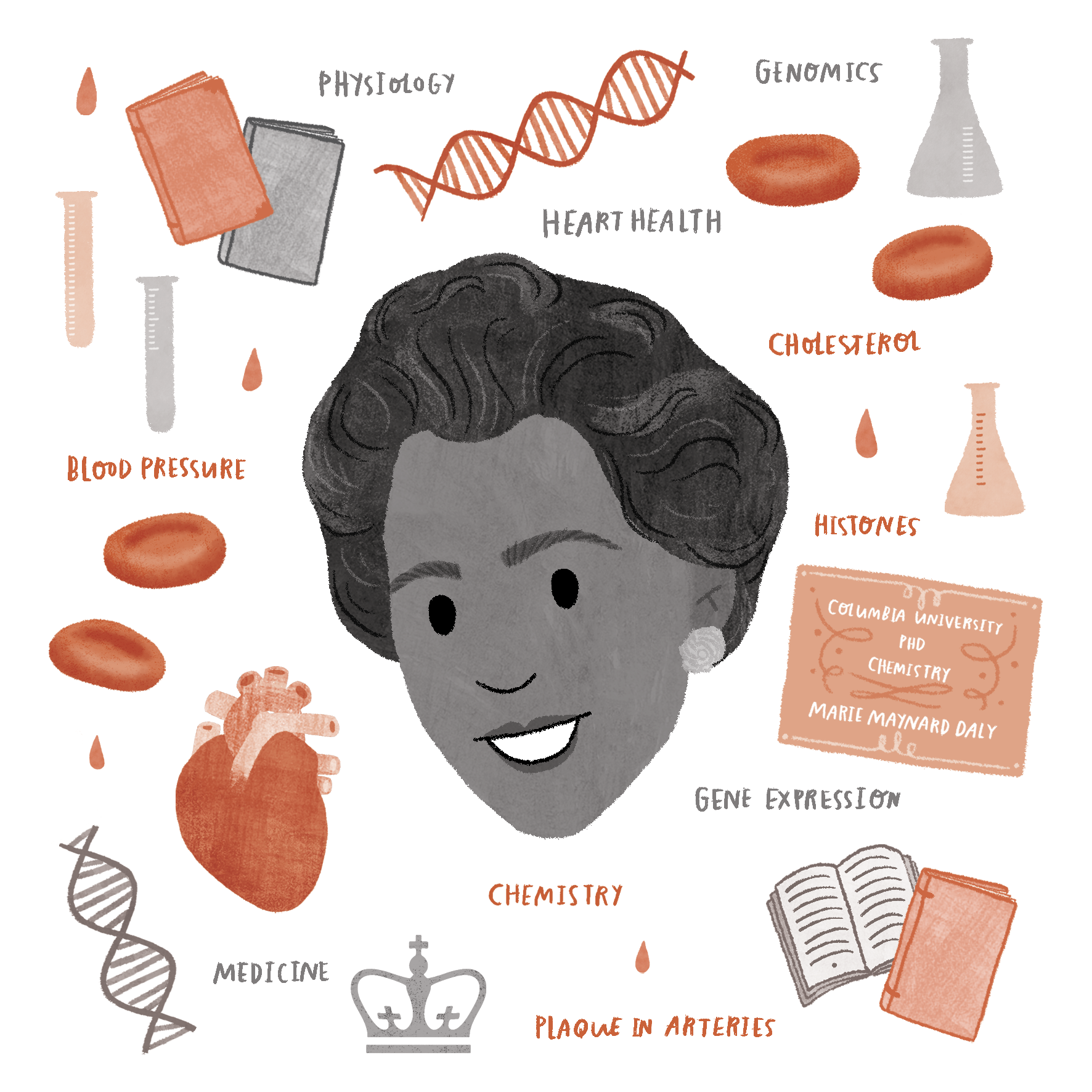What is a medical ID? Who needs one? What information should you include, if you get one? Learn this and more in the newest Lifeology Instructional course “What is a Medical ID?”
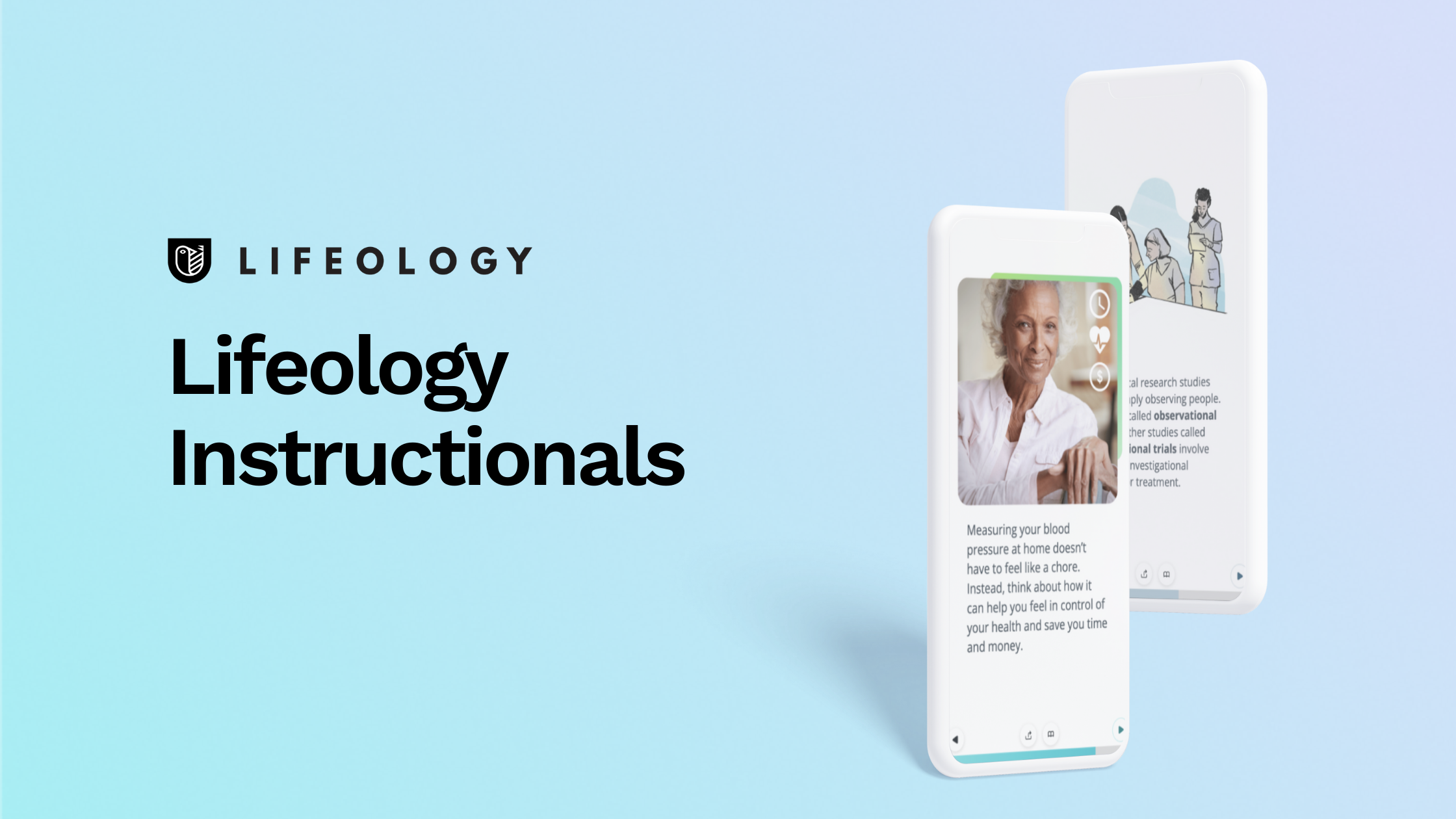
We’ve enjoyed creating Lifeology Instructional courses and are excited to bring you the next course: “What is a Medical ID?” This course was written by Luisa Torres, PhD.
Did you know that first responders are trained to look for medical IDs? When you are not in a state to speak for yourself and your medical needs, a medical ID can do the speaking for you. There are several conditions in which a medical ID is recommended. You should also have a medical ID if you are allergic to certain medications.
In the course, learn about the history of medical IDs, who should get one, what to include on the medical ID and more. Check out the course now!
Learn more with Lifeology Instructionals:
The Lifeology Instructional Method was born as an alternative to the “gold standard” Lifeology Story-Driven Method.
The Instructional Method is a flexible creation process that can still incorporate collaboration when needed and features custom illustrations, stock photography or a mix. The courses created using this method also don’t involve the same research and attention to audience-specific questions, concerns, barriers and lived experiences that Lifeology Story-Driven courses do. But for certain topics, the Instructional Method is the more efficient method for Lifeology course creation that doesn’t sacrifice content value.
So far, we have launched the following Lifeology Instructional courses:
“What is a CT scan?” Your doctor may order a CT scan for you if you have been injured or have some symptoms with unclear origin. What can you expect if you need to have a CT or CAT scan? Check out the course to learn more.
“How do you use an at-home EKG/ECG monitor?” How do at-home EKG/ECG monitors work? How do you use them? What does it mean if your heart rate or rhythm is irregular? Learn this and more in this Lifeology course!
“What happens during blood draws, and why do some require you to fast?” In addition to learning about the differences between fasting and non-fasting blood draws, the course also walks one through what to expect during a blood draw–regardless of a fasting or non-fasting state. Learn more by checking out this Lifeology Instructional course!
“What is a clinical research study?” Learn what a clinical research study is and how it’s different from standard medical care with examples of types of clinical research–including clinical trials.
“How do I measure my blood pressure at home?” You or a loved one has been asked to monitor blood pressure at home. What can you expect? Why is it important to do it and do it correctly? Check out the course to learn more.
“How to use a CGM” Learn what a continuous glucose monitor (CGM) is, who should use one, and how to do so correctly. It also explains how data from a CGM device can be useful to monitor your health.
